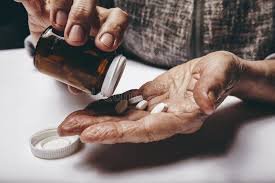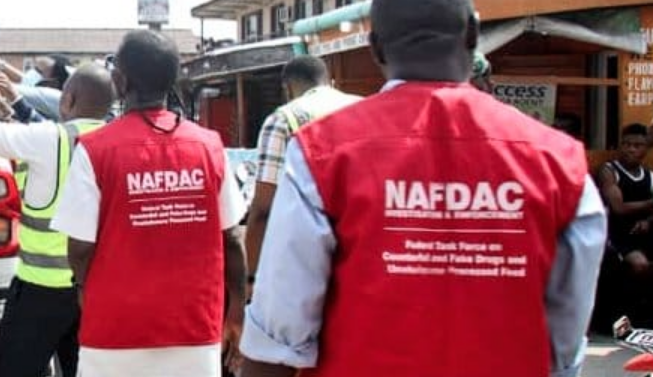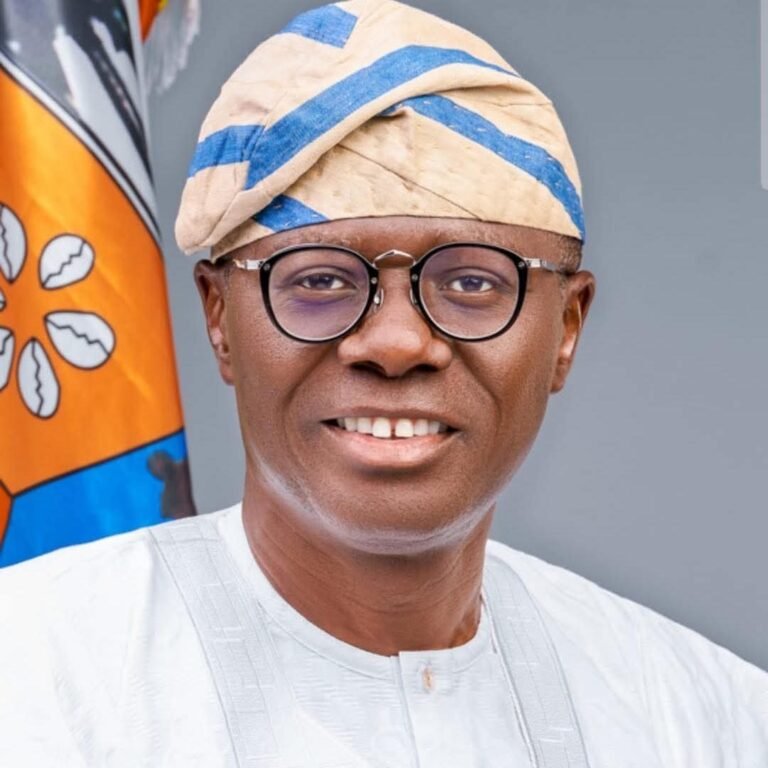
ABUJA, Nigeria – At a crowded pharmacy in Abuja, 59-year-old Rose Odu clutches a worn prescription slip, her voice trembling as she asks for the price of her insulin. The pharmacist’s answer makes her eyes well up. “₦150,000,” he says. “Per month.”
Once, she could afford it. Now, each refill costs five times her pension. “Sometimes I just take smaller doses,” she whispers. “It’s dangerous, I know. But what choice do I have?”
Across Nigeria, thousands like Rose face the same impossible question: to eat or to stay alive. Koko Maxwella, writes.
The Broken Promise
When President Bola Ahmed Tinubu signed the Presidential Executive Order in 2024, suspending taxes and duties on pharmaceutical materials, it was hailed as a lifeline. Government officials promised affordable medicines and a revitalised local drug industry.
But fifteen months later, the policy’s impact is barely visible on pharmacy shelves. Drug prices continue to climb — in some cases by over 300 percent, according to the Pharmaceutical Society of Nigeria (PSN). For many, the Executive Order remains a promise deferred.
“We were told prices would drop. Instead, they doubled,” says pharmacist Emmanuel John in Abuja. “People walk in, look at the price, and walk out empty-handed.”
When Treatment Becomes a Luxury
For retirees like James Eze, living with hypertension has become a daily negotiation. “I used to buy the real drugs,” he says, lifting a plastic bag of cheaper pills from a roadside stall. “Now I just buy what I can. They don’t work the same, but at least I’m taking something.”
Doctors warn that this quiet desperation is fueling a public health emergency.
“Skipping medication or using fake alternatives can be deadly,” says Dr. Oluwaseun Adeniyi, consultant cardiologist at the National Hospital, Abuja. “We’re seeing rising cases of stroke, heart failure, and kidney disease linked to unaffordable drugs.”
The Economics of Despair
Nigeria imports nearly 80 percent of its medicines. As the naira weakens and import costs rise, so do retail prices. Even with tariff waivers, high port charges and logistics costs erase any relief.
“We’ve become trapped between policy ambition and economic reality,” says Dr. Roy White, a public health physician. “Until we strengthen local production, every shock in the global market hits Nigerians directly.”
The Federal Ministry of Health admits that local production gains are slow — just a 12 percent cost reduction since the Order’s implementation — leaving imported drugs to dominate shelves and price charts.
The Human Toll
At home, Rose divides her insulin pens like rations, marking her doses in pencil. “If I take too much, I’ll run out. If I take too little, I might die,” she says quietly.
James checks his blood pressure with an old monitor, praying for a normal reading.
“I worked my whole life,” he mutters. “Now I can’t even afford to live.”
Doctors say their stories are echoed across Nigeria — parents halving antibiotics for their children, patients turning to herbs, hospitals rationing stock. The silent casualties of inflation are piling up.
What Comes Next?
Officials insist hope is not lost. The Federal Ministry of Health says new policies to expand local drug manufacturing, regulate import markups, and incentivise research partnerships will begin showing tangible results by 2026.
But for now, Nigerians wait — and endure.
“We are dying slowly,” Rose says, her insulin pen half-empty. “Medicine shouldn’t be for the rich.”
The Last Dose
Until the cost of survival drops, Nigeria’s healthcare crisis will remain less about disease — and more about inequality. Behind every prescription lies a choice no one should have to make:
to eat, or to stay alive.



